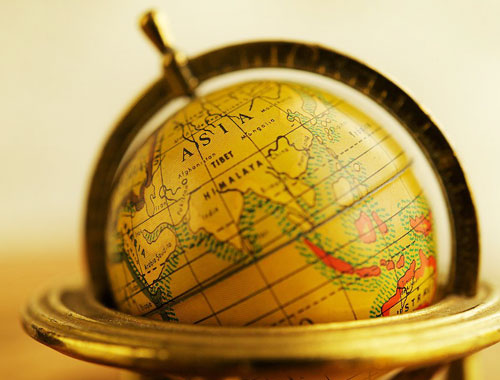

The history of India is shrouded in antiquity. India is one of the cradles of civilization with a history dating back more than 9,000 years. Indian history begins with the birth of the Indus Valley Civilization and the coming of the Aryans. We can summarize its vast and extensive history as below.
Came to power in 321 BC. The empire reached its peak under Emperor Ashoka who converted to Buddhism in 262 BC. Ashokan edicts and pillars can be seen in Delhi, Gujarat, Orissa, Sarnath in Uttar Pradesh and at Sanchi in Madhya Pradesh. In 319 AD, Chandragupta II founded the Gupta Empire. The arts flourished during this period, with some of the finest work being done at Ajanta, Ellora, Sanchi and Sarnath.
In India lasted from 1526 to 1858. The Mughal dynasty was established by able Muslim rulers who came from the present day Uzbekistan. The Mughal rule in India saw the country being united as one single unit and being administered under one single powerful ruler. During the Mughal period, art and architecture flourished and many beautiful monuments were constructed. The rulers were skillful warriors and admirers of art as well. Some of the wonderful monuments built during the Mughal reign are Taj Mahal, Fatehpur Sikri, Fort in Agra and Red Fort and Humayun's Tomb in Delhi.
It was in the 17th century that the Europeans came to India. This coincided with the disintegration of the Mughal Empire, paving the way for regional states. The British established its colony in 1757 in east of India (Bengalen) after a war with the French. They expanded their influence thereafter and controlled most of present day Indian Pakistan by 1857. A rebellious outbreak in India in 1857 led to the transfer of all powers from the East India Company to the Crown in England. In 1858, the Mogul rule finally breathed its last after which the Empire created British India and styled the Empire of India as well. Although Britain ruled most of India but it also had local treaties with the feudal local rulers. The first steps towards self-governance were taken by late 1800s by the British where they appointed Indian councilors to acts as advisories to the British Viceroy and aid in establishment of provincial councils with members in India.
The anti British struggle became truly a mass movement with the arrival of Mahatma Gandhi (1869 - 1948). It was followed by numerous movements against the British rule. With the passage of time and stubbornness of the Indians the British had come to realize that the day was not far off when they will have to quit India. Successive campaigns had the effect of driving the British out of India in 1947. In the years since independence India has made huge progress and coped with great problems, and has developed its industry and its agriculture, and has maintained a system of government which makes it the largest democracy in the world.
For detailed tour programme of mainly all tourist destinations of India please visit: http://www.india-tourism.net/itineraries.htm and for any travel query please mails us at: sales@india-tourism.net To plan out the tour programme and cost, please inform us: nos. of days for the tour, nos. of person traveling together, preferred destinations, travel period, category of the hotels any specific requirement.


Design your tour with our expertise Plan My Trip